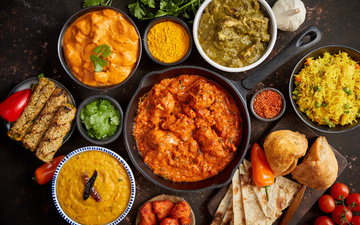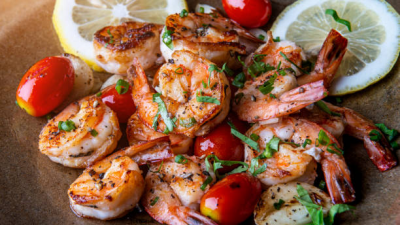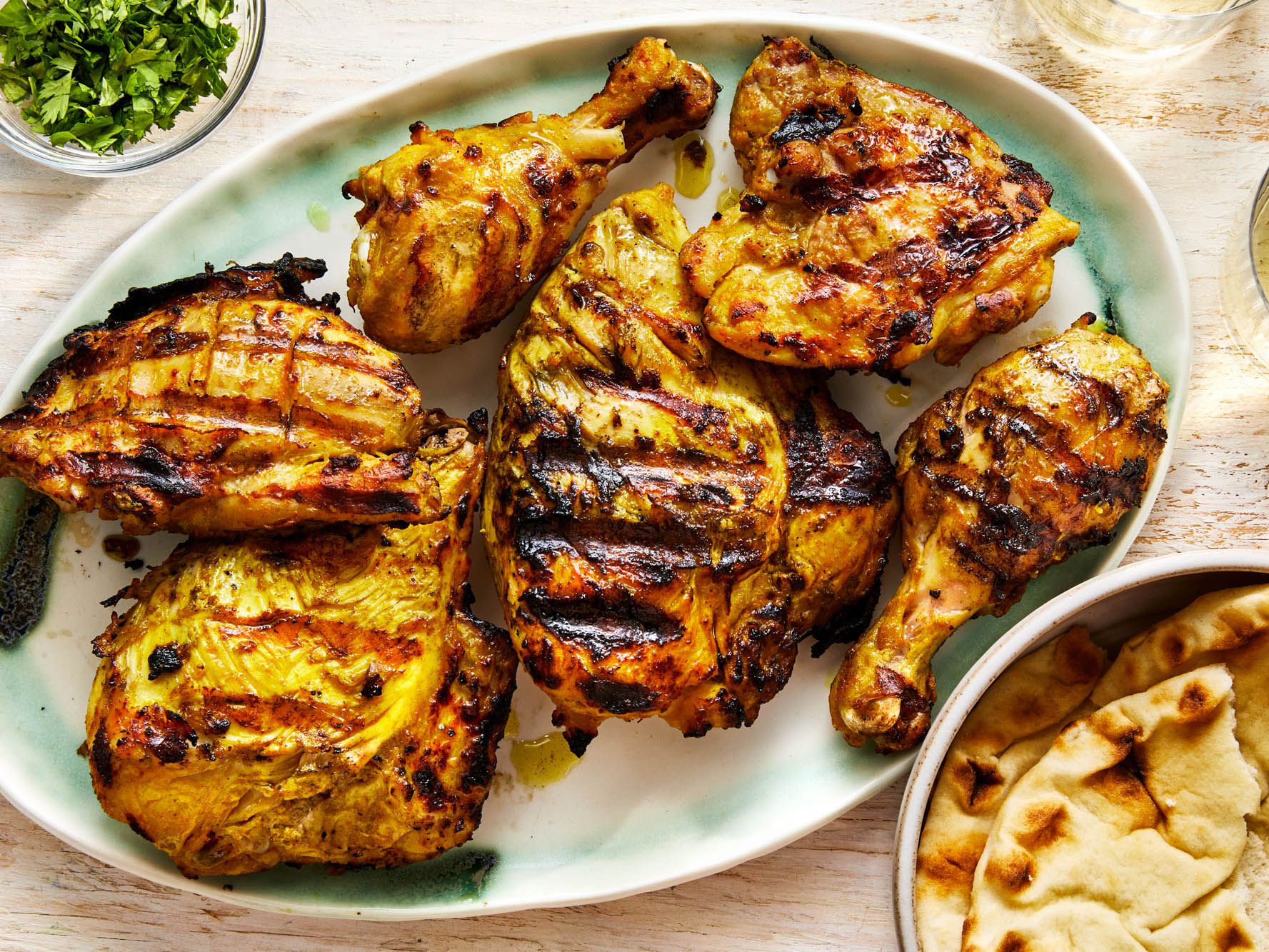Is Lebanese Food Healthy? Yes, Lebanese cuisine is one of the healthiest in the world. Learn more about why this diet has a lot to offer and what you can expect if you decide to incorporate Lebanese food into your life.

Lebanese Food Benefits
Lebanese food is not only delicious, but it also has many health benefits. Here are four reasons why you should eat Lebanese food:
1. Lebanese food is rich in healthy fats.
Lebanese cuisine uses a lot of healthy oils, such as olive oil and sesame oil. These oils are rich in monounsaturated fats, which have been shown to reduce the risk of heart disease and stroke.
2. Lebanese food is low in calories.
Lebanese food can be a great option if you’re looking to lose or maintain a healthy weight. Many Lebanese dishes are packed with vegetables and lean protein, making them relatively low in calories.
3. Lebanese food is high in fibre.
Fibre is an important nutrient that helps keep you regular and aids in digestion. Lebanon is one of the world’s leading producers of fruits and vegetables, so it’s no surprise that Lebanese dishes are often high in fibre.
4. Lebanese food is full of antioxidants.
Antioxidants help protect your cells from damage caused by free radicals. Free radicals are unstable molecules that can contribute to disease and ageing. Many of the ingredients used in Lebanese cuisine, such as garlic, lemon, and mint, are high in antioxidants.
Why is Lebanese Food Healthy?

Lebanese food is healthy for four main reasons:
- Lebanese cuisine uses fresh, local ingredients.
- Lebanese dishes are typically cooked healthy, such as grilling or baking.
- Lebanese food is often served with healthy sides, such as salad or yoghurt.
- Many Lebanese dishes are naturally low in calories and fat.
Lebanon has a long history of agricultural production, so it’s no surprise that fresh, local ingredients are a staple of Lebanese cuisine. The use of fresh produce ensures that dishes are packed with vitamins, minerals, and antioxidants. And since local ingredients are in season and haven’t been shipped long distances, they’re usually more flavorful.
Does Lebanese food have carbs?
Like many other cuisines from the Middle East, Lebanese food is heavy on carbs. Rice, bulgur, and bread are all common staples in Lebanese dishes. While this may not be ideal for those trying to cut down on carbs, some benefits to eating Lebanese food make it worth the extra carbs.
First, Lebanese food is typically very fresh and made with healthy ingredients. Meals often include plenty of vegetables and lean proteins, making them well-rounded and nutritious. Second, carb-rich foods can be quite filling and satisfying. This is especially true of dishes like kibbeh and faith, which are packed with flavour and often served as a main course.
Third, Lebanese cuisine offers a great variety of flavours and textures that everyone can enjoy. From the rich taste of hummus to the refreshing crunch of tabouli, there’s something for everyone to enjoy. And fourth, Lebanon is home to some of the best wines in the world—so don’t forget to pair your meal with a glass or two!
Should I eat Lebanese food if I have a gluten allergy?

If you’re like most people, you probably think of Lebanese food as being loaded with gluten. After all, many popular Lebanese dishes contain wheat-based ingredients like pita bread and couscous. However, plenty of delicious and healthy Lebanese dishes are completely gluten-free. So, if you have a gluten allergy, there’s no need to avoid Lebanese food altogether.
Here are four reasons why you should eat Lebanese food if you have a gluten allergy:
1. There are plenty of delicious and healthy gluten-free options.
2. Lebanese cuisine is incredibly flavorful and diverse.
3. Many traditional Lebanese dishes are naturally high in fibre and low in calories.
4. Eating Lebanese food can help you expand your culinary horizons and explore new flavours.
Conclusion
Lebanese food is not only delicious, but it is also healthy. There are many reasons why you should eat Lebanese food, but here are four of the most important ones:
1. Lebanese food is rich in nutrients and antioxidants.
2. Lebanese food is low in calories and fat.
3. Lebanese food is high in fibre and protein.
4. Lebanese food can help improve your digestion and metabolism.
















[…] helps that whiskey is one of the most versatile spirits on the market: It’s made from grains, wheat, or rye, which means there’s no need to worry about how much sugar is used during […]
[…] your taste buds. Their menu features a range of global cuisines, including Mexican, Italian, and Lebanese, all with a vegetarian twist. Don’t forget to try their signature dish, the Mezze Platter, […]